It certainly seems that technological advances make our lives better. Instead of writing a letter, stamping it, and mailing it (which was vastly more personal), we now send emails. Rather than driving to a local retailer or manufacturer, we order it online. Of course, we mustn’t dismiss the rise of social media, which connects us to everyone and everything more than ever.
Economists and experts have long argued that technological advances drive U.S. economic growth and productivity. As innovations emerge, they play a crucial role in shaping the economy, improving efficiency, and enhancing productivity across various sectors. From artificial intelligence to automation, the benefits of technological progress are widespread and profound.
For example, automation and artificial intelligence have streamlined manufacturing processes, reducing the need for manual labor and minimizing human error. This efficiency boost leads to faster production times and reduced costs, lowering prices while improving profit margins. Higher productivity levels contribute to overall economic growth, as businesses can produce more goods and services with the same resources.
Another significant benefit is the creation of new industries and job opportunities. As technology evolves, it creates demand for new skills and expertise, leading to the development of entirely new sectors. For example, the rise of the technology industry gave birth to jobs in software, data analysis, and cybersecurity, among others. These high-paying jobs contribute to economic growth by increasing consumer spending and driving innovation.
Ray Kurzweil’s 1999 book, “The Age of Spiritual Machines,” introduced the concept of “The Law of Accelerating Returns.“ Ray predicted that the rate of technological advances is exponential rather than linear. That means that technology builds on itself in a positive feedback loop, allowing each generation to advance at an increasing rate.
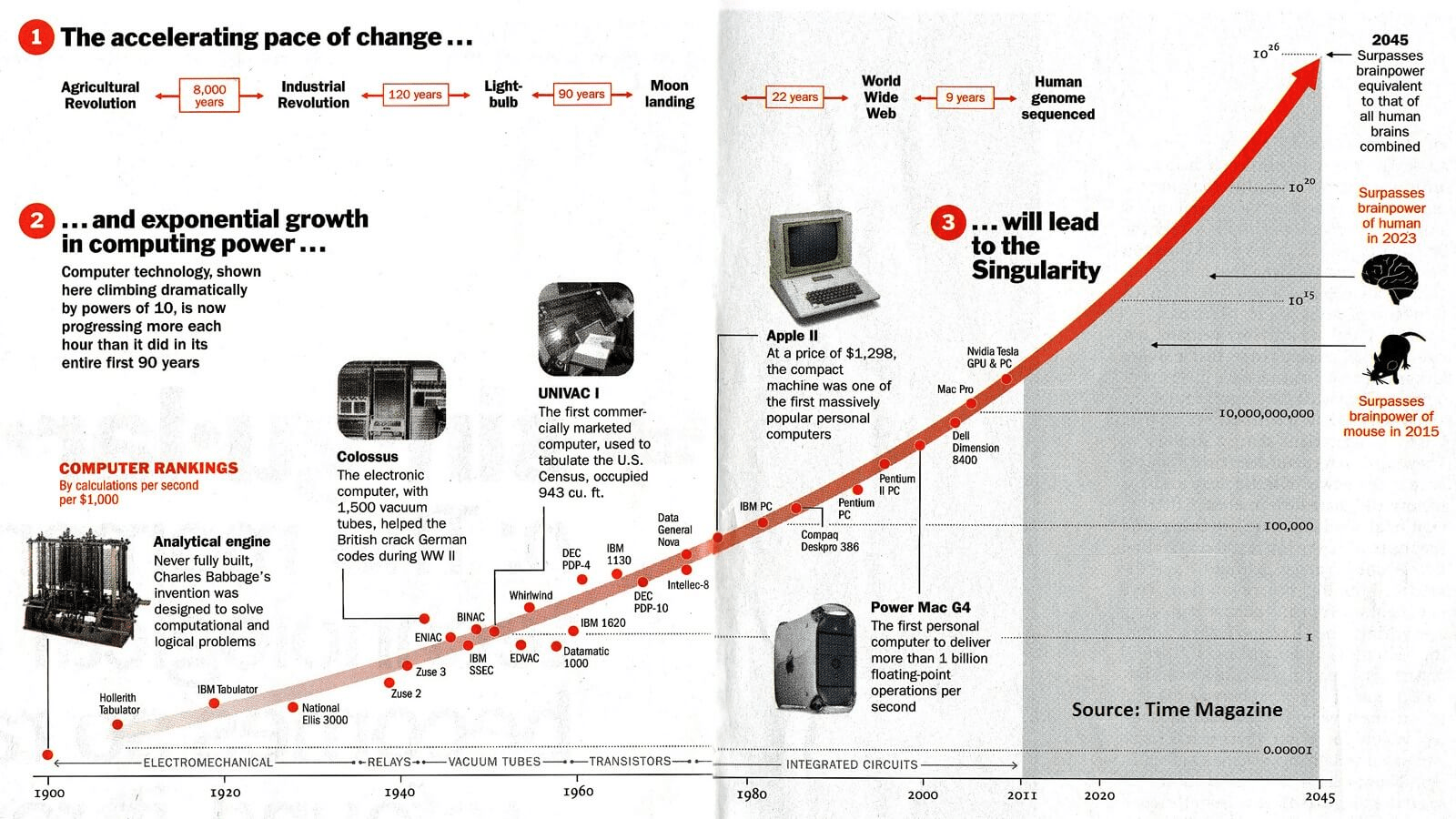
Kurzweil’s predictions related to this theory have proven remarkably accurate. He predicted technologies such as the internet and the growth in mobile computing power years before they emerged. Out of 147 predictions he made in the 1990s about the future up to 2009, 115 (78%) were correct.
However, were economists’ predictions about the benefit of technology as accurate as Kurzweil’s?
The Dark Side Of Technological Advancement
While technological advances seem to produce an enormous benefit, a dark side gets hidden from public discourse.
One primary concern is job displacement. Automation and artificial intelligence, while improving efficiency, often replace jobs traditionally performed by humans. This displacement mainly affects low-skilled workers in industries like manufacturing and retail, leading to unemployment and underemployment.
As machines take over routine tasks, the workforce faces the challenge of reskilling to meet the demands of a more technologically advanced economy. That transition period can lead to economic slowdowns and increased inequality, as not all workers have the means or opportunity to adapt quickly.
The chart below shows the trend of employment versus actual employment. Since 1947, employment has grown with the economy, as expected. However, employment changed in the late 90s as employment fell below the previous growth trend, coinciding with the Internet adoption.
The need for employees eroded as the internet fostered technological advances in everything from manufacturing automation to online sales, social media, advertising, and business management. Today, the deviation in employment from the long-term growth trend is the largest in history outside of the pandemic-driven economic shutdown.
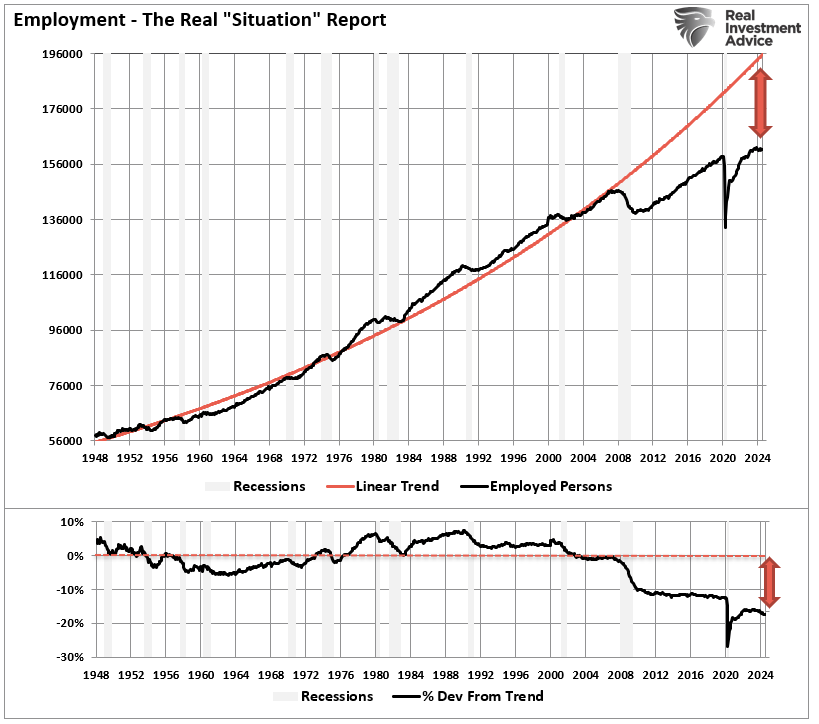
Another issue is the increasing concentration of wealth and market power in the hands of a few technology giants. Companies like Amazon (NASDAQ:AMZN), Google (NASDAQ:GOOGL), and Apple (NASDAQ:AAPL) dominate their respective markets, creating barriers to entry for smaller firms.
As shown, as technological advances increased, there has been a clear shift in corporate earnings and concentration. Again, starting in the late 90s, increased technological advances reduced the number of employees required to produce goods and services. At the same time, the market became increasingly concentrated in a smaller group of companies.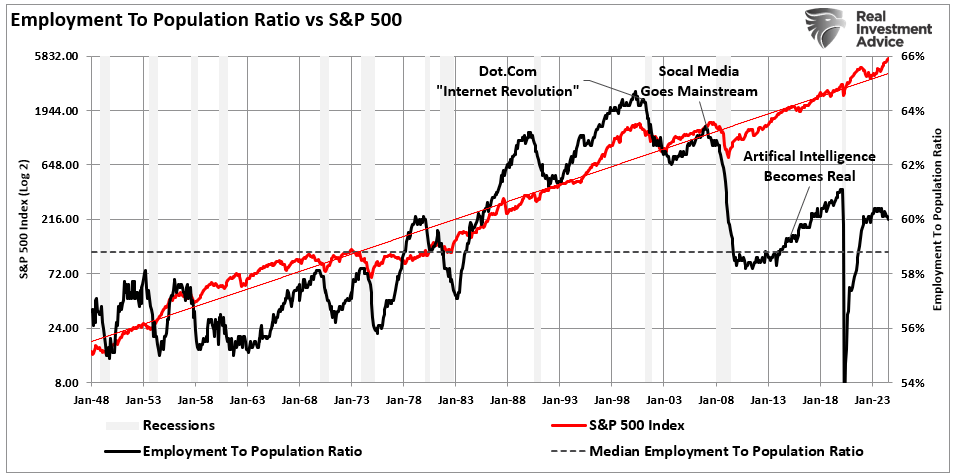
Monopolistic behavior stifles competition, reduces innovation, and limits consumer choice. Furthermore, corporate profitability soared by reducing labor, which is the most costly expense for any business.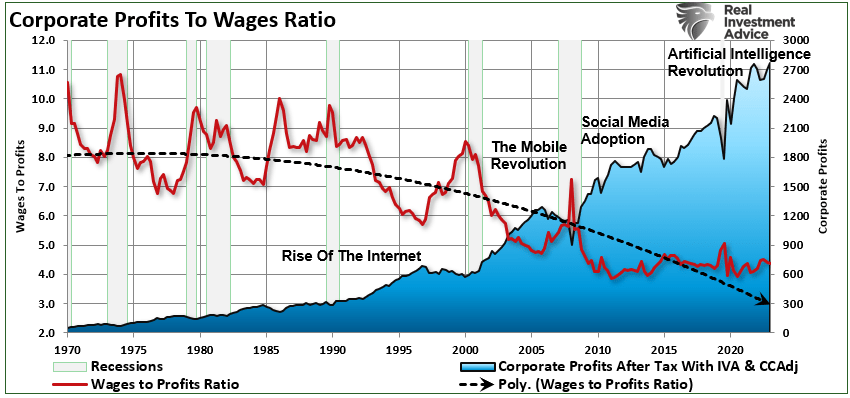
The vast wealth accumulation by these companies contributes to economic inequality. That inequality can hamper overall economic growth by reducing the average consumer’s purchasing power. Since 1990, wealth inequality has soared, with those in the top 10% owning a vast majority of economic wealth. The bottom 50%, which comprises a significant portion of employee labor in the manufacturing and services industries, have barely benefitted.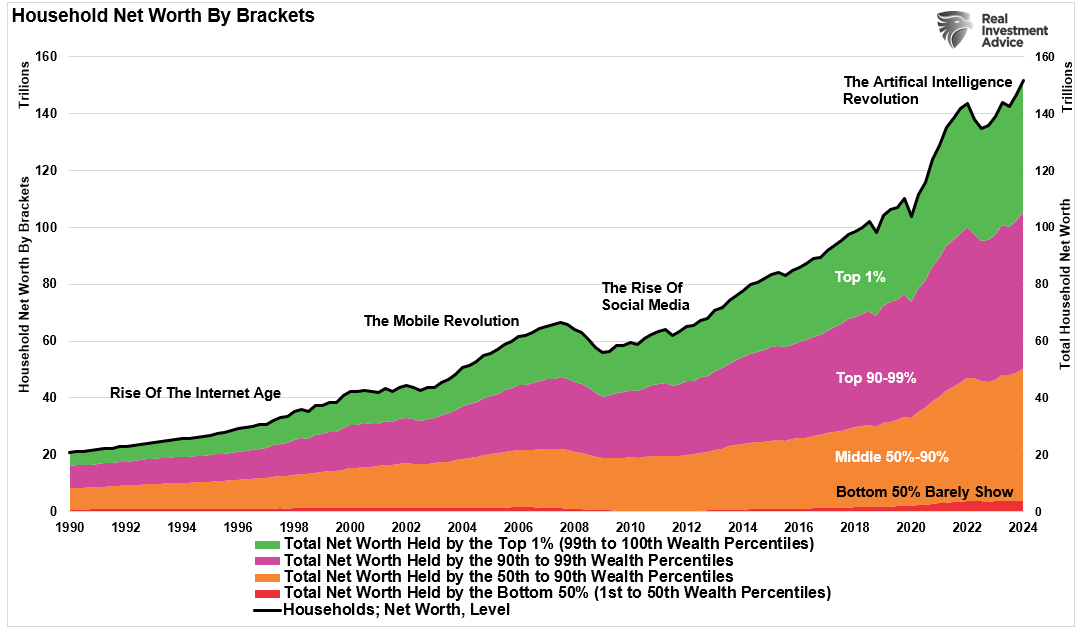
Lastly, the rapid pace of technological change can lead to productivity paradoxes, where the expected gains in productivity from new technologies do not materialize as anticipated. That happens due to the significant time and investment required to integrate new technologies effectively into existing business processes. Additionally, cybersecurity threats, data privacy concerns, and technology-driven stress can undermine productivity and lead to economic inefficiencies.
But there is even a darker side that no one is talking about.
Social Loneliness
While social media and the internet have revolutionized the way we connect and communicate, they have also contributed to several severe societal issues, including increased loneliness, social and political division, and a troubling rise in teenage suicides. Understanding these negative impacts is crucial for addressing the challenges of the digital age.
One significant consequence of social media is the rise in loneliness. Despite the promise of connecting people, social media often leads to superficial interactions, which lack the depth and intimacy of face-to-face communication. As users compare their lives to the seemingly perfect lives of others online, feelings of inadequacy and isolation can increase.
That can be particularly damaging for teenagers, as they are at a critical stage of developing their self-identity and sense of belonging. The constant need for validation through likes and comments can lead to feelings of loneliness and anxiety.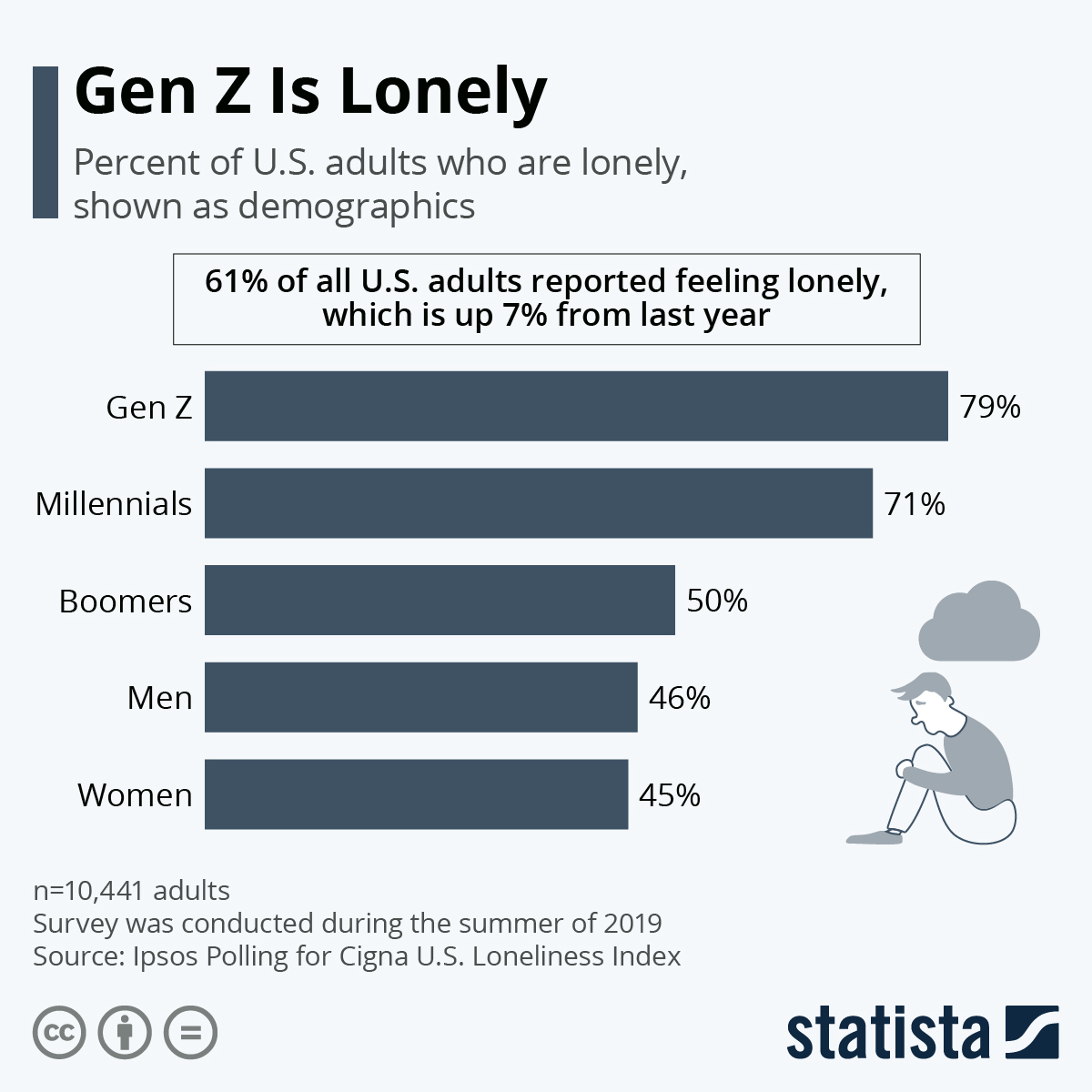
Social media also contributes to social and political division. The algorithms that power these platforms often promote content aligning with users’ beliefs, creating echo chambers reinforcing biases. This polarization can deepen societal divisions, making constructive dialogue and mutual understanding more difficult.
The spread of misinformation and fake news further exacerbates these divisions, exposing people to misleading content that can shape their perceptions and opinions. With a growing inability to logically and rationally discuss our differences, passing laws and policies that benefit everyone has become impossible.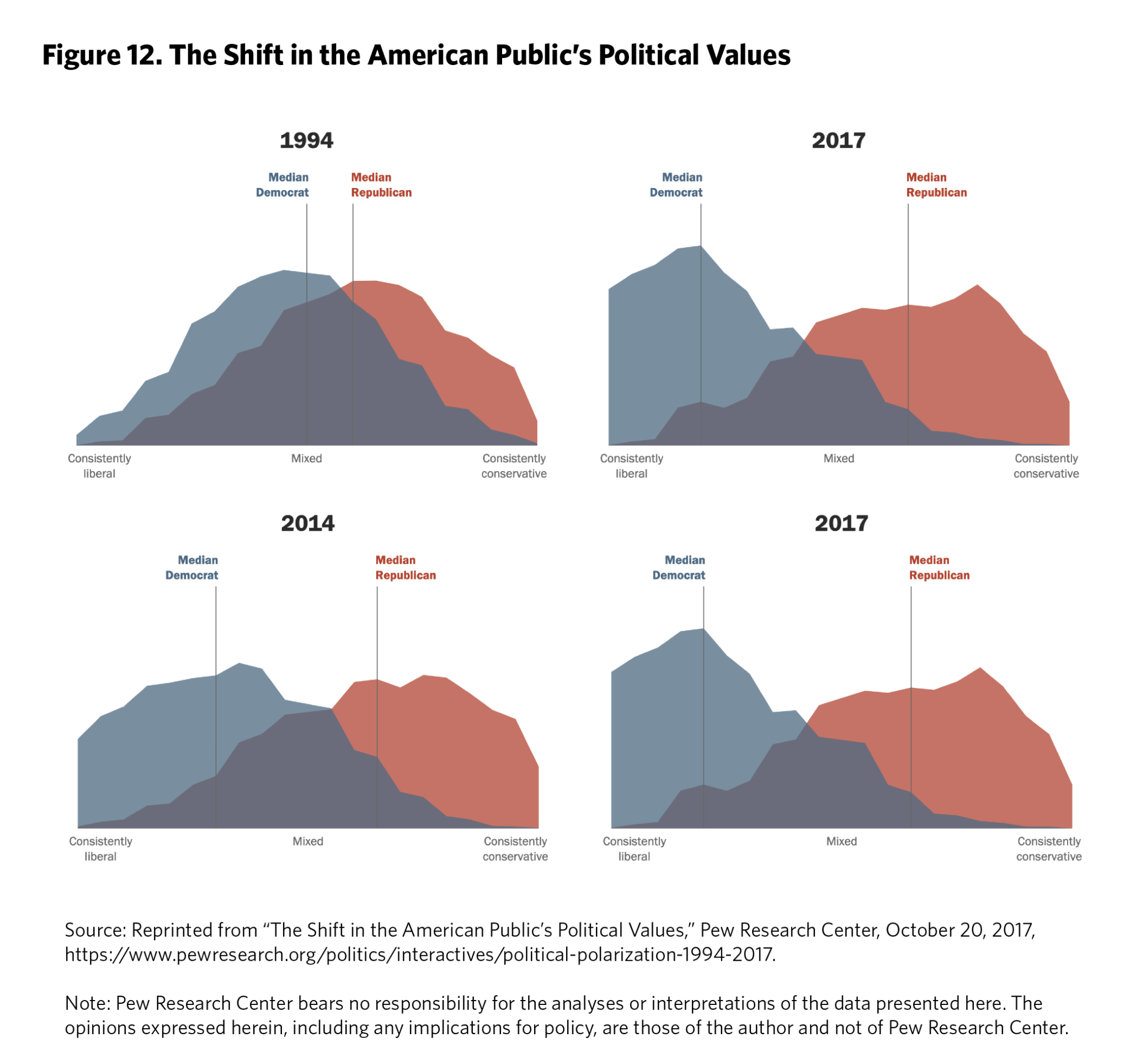
Lastly, and most unfortunately, the impact of social media on teenage mental health is alarming. Studies have shown a link between heavy social media use and increased rates of depression, anxiety, and suicidal thoughts among teenagers. The pressure to fit in, the prevalence of cyberbullying, and the exposure to unrealistic standards of beauty and success can create a toxic environment that negatively affects teens’ mental well-being.
Tragically, this can lead to an increase in teenage suicides (as shown by the CDC) as vulnerable individuals struggle to cope with the pressures of the digital world.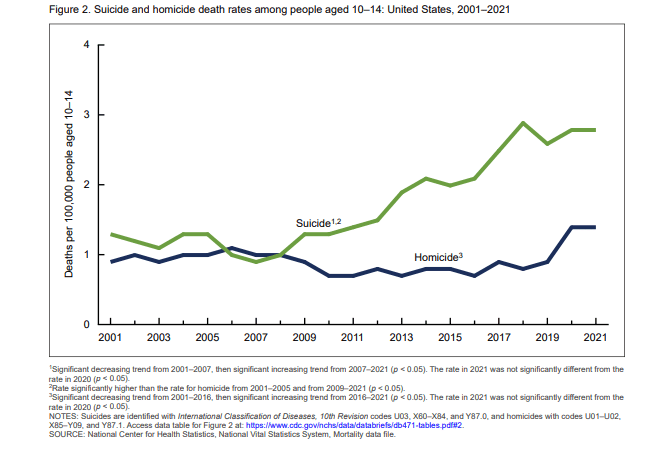
In conclusion, while technology is a powerful driver of economic growth, it also presents challenges that can negatively impact productivity, equality, mental health, and societal cohesion. Addressing these issues ensures that technological advancements promote sustainable and inclusive economic growth.
After all, that was the promise of technology, to begin with.
